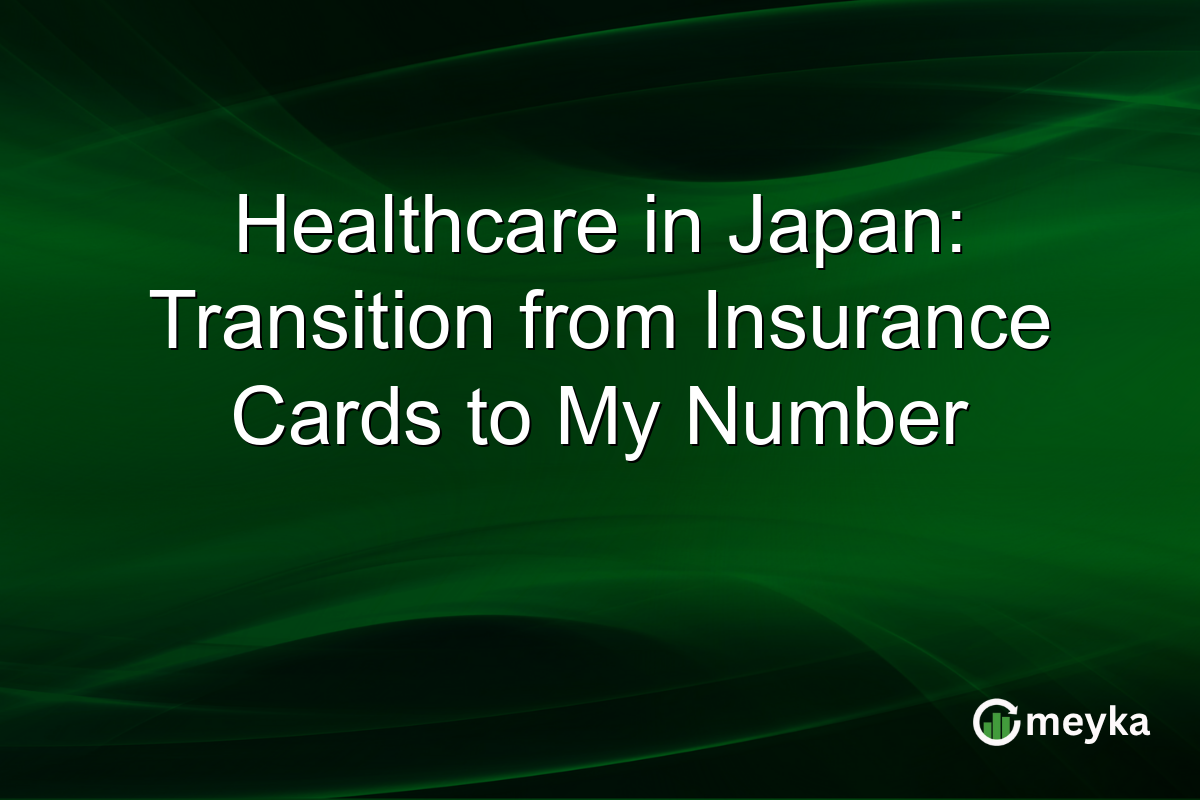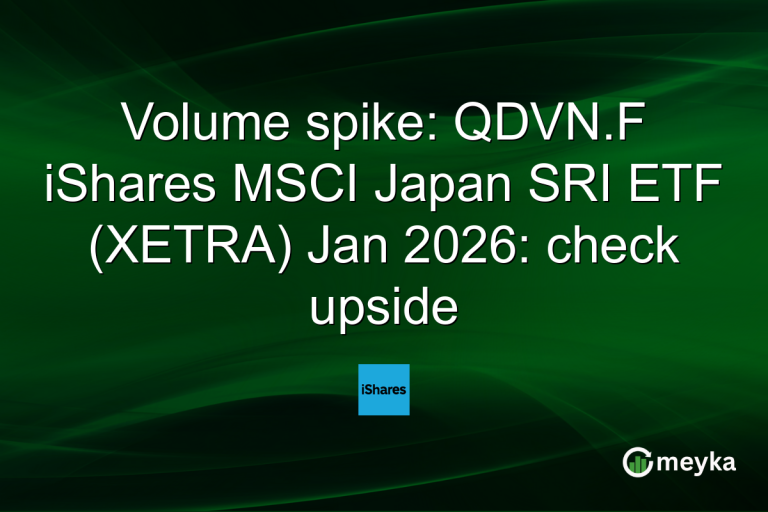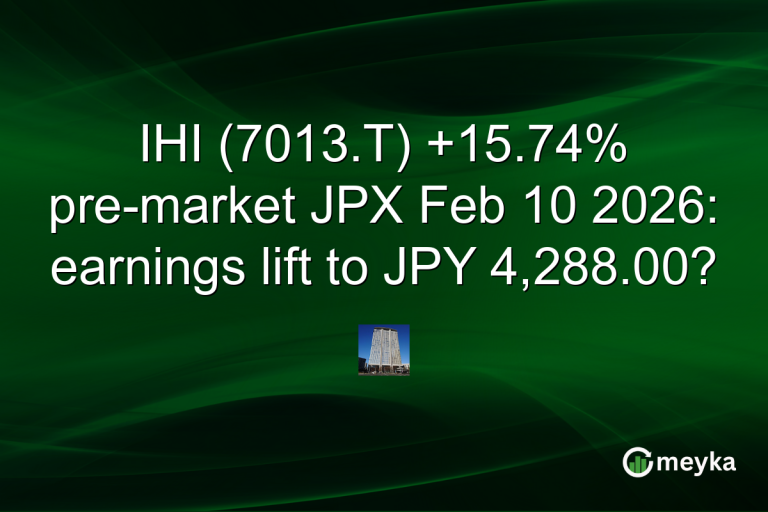Healthcare in Japan: Transition from Insurance Cards to My Number
Japan is undergoing a critical transformation in its healthcare system. The shift from traditional insurance cards to the My Number card is significant. This move aims to streamline healthcare services and improve data management efficiency. However, concerns about privacy and the system’s implementation are stirring public debate. Understanding these changes is crucial for comprehending the future landscape of healthcare in Japan.
Continue Reading on Meyka
This article is available in full on our main platform. Get access to complete analysis, stock insights, and more.
Read Full Article →





